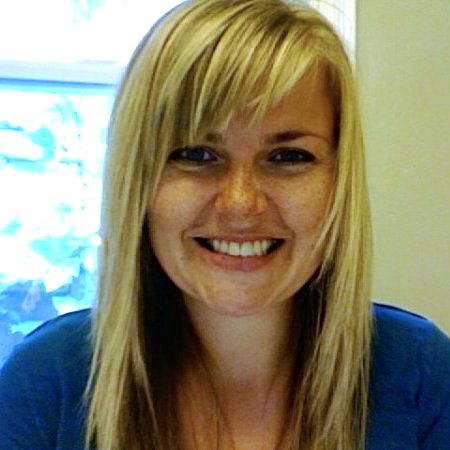Samantha Berdej
About

I am a PhD student with the Environmental Change and Governance Group at the University of Waterloo, Canada. Originally from rainy Vancouver, I completed a BSc in Natural Resources Conservation at the University of British Columbia before moving east to Waterloo, Ontario in pursuit of a Masters degree. My research examined local community conservation agreements in a terrestrial national park set in Central Sulawesi, Indonesia. I stayed on to do PhD in the Department of Geography and Environmental Management at the University of Waterloo and am currently in the final stages of my fieldwork in various sites across Bali, Indonesia.
My research interests center on the human dimensions of coastal-marine conservation and environmental governance, particularly in southeast Asia. These interests stem from my past experiences as a research associate and consultant on a variety of projects across Asia and Canada, including time spent with the International Partnership for Forestry Education and the International Union of Forest Research Organizations. In addition to being a member of the Community Conservation Research Network, I am also part of a SSHRC-funded, multi-nation project on Coastal-Marine Transformations and Adaptive Governance co-led by Dr. Derek Armitage. When I am not hard at work on my research, you can find me planning my next hiking trip or nose-deep in a good paperback book.
Place
My research is set in Bali, Indonesia. The province of Bali is located in the westernmost end of the Lesser Sunda Islands, between Java to the west and Lombok to the east. It is situated in the southwest corner of the Coral Triangle – a region home to the highest marine biodiversity on Earth. Local peoples in the region are intimately linked to the sea as a source of livelihoods, food security and culture.
My doctoral research focuses on three sites: 1) the Nusa Penida Marine Protected Area (MPA), an island chain southeast of the Balinese coast where major livelihood activities are based on fisheries, seaweed production, and marine tourism; 2) the East Buleleng Conservation Zone in northern Bali, home to a series of long-standing local marine management areas and practices, and 3) the Bali MPA Network, a province-wide initiative to link organization associated with freshwater and marine conservation. All three sites share in their critical need for coordination of numerous and diverse sets of actors to overcome the limited influence of the central government, and to help navigate the various social, economic, and institutional barriers to sustainability.
Research
My research explores the human dimensions of coastal-marine systems in the context of conservation and environmental governance. The concept of ‘bridging organizations’ is of central interest – i.e. independent entities that span the gaps between organizations to facilitate multi-party collaboration. Herein, I am interested in how the emergence of bridging organizations can contribute to more effective multi-level governance of Bali’s coastal-marine systems. In doing so, this research aims to help advance conservation in a way that is more balanced in supporting regional level priorities while resonating with community values/concerns. It asks: how can bridging organizations better connect local- and regional-scale conservation actions? And how can they better integrate different systems of practices, knowledge and beliefs (by e.g., addressing trade-offs)? A social-ecological systems approach, environmental governance, social network theory and political ecology form the interdisciplinary foundation with which I grapple with these questions.
Publications
- Berdej, S., Armitage, D. (2016). Bridging organizations drive effective governance outcomes for conservation of Indonesia’s marine systems. PLOS ONE 11(1), e0147142. doi: 10.1371/journal. pone.0147142 – Open Access
- Berdej S., Andrachuk, M., Armitage, D. (2015). Conservation narratives and their implications in the Coral Triangle Initiative. Conservation and Society 13(2), 212-220 – Open Access


